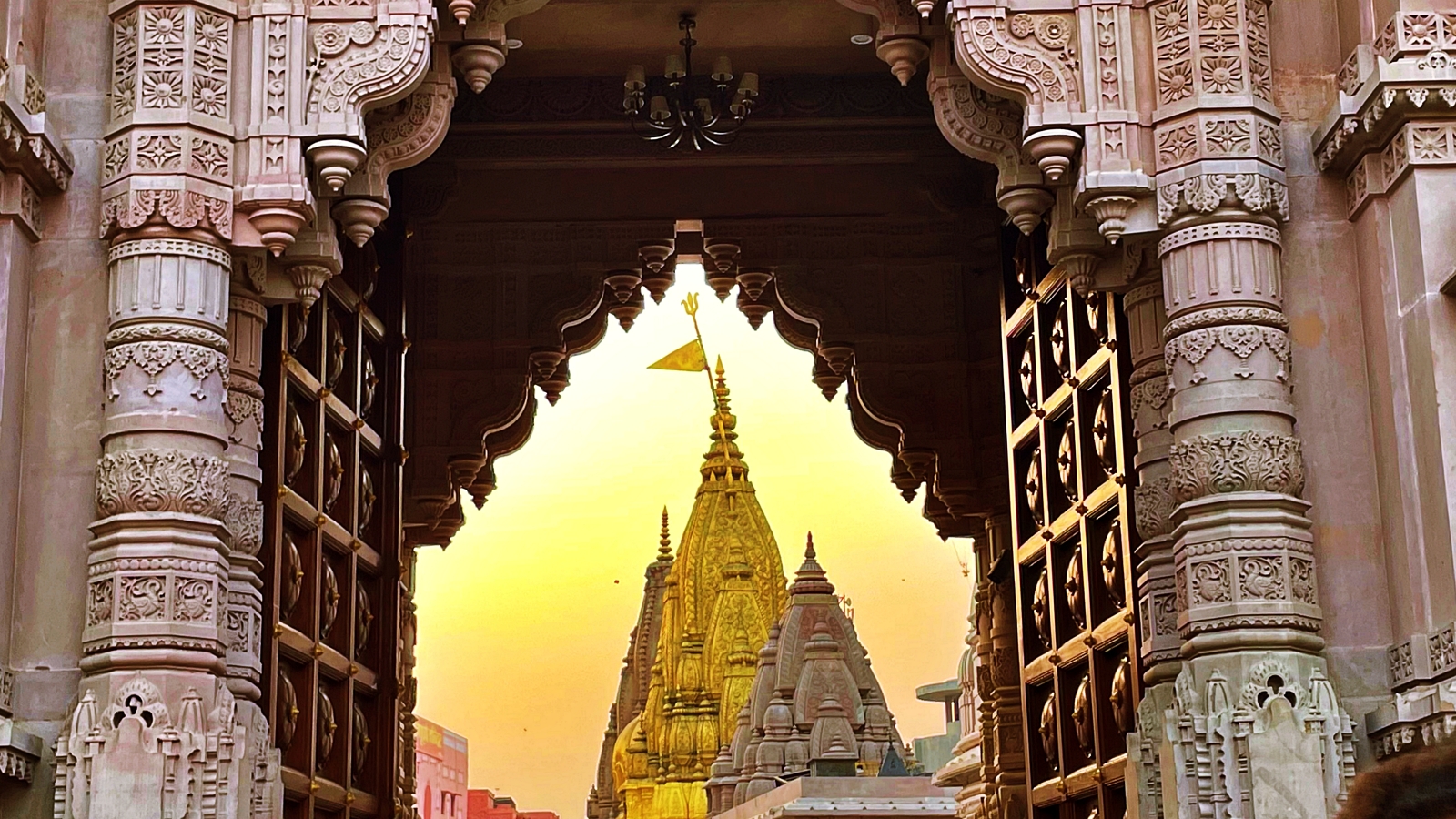Ancient Roots and Rituals
The foundation of Hindu temple management lies in the ancient texts and scriptures that provide guidelines for temple construction, rituals, and administration. In the early days, temple management was primarily driven by religious leaders and local communities, who took on the responsibility of maintaining and preserving the sanctity of the sacred spaces. Rituals were performed meticulously, and the temple’s daily operations revolved around offering prayers, conducting ceremonies, and ensuring the smooth functioning of religious practices.
Shaping Communities and Social Welfare
Beyond their religious significance, Hindu temples have played a pivotal role in shaping communities and promoting social welfare. In ancient times, temples were not just places of worship but also centers for education, healthcare, and cultural exchange. They served as platforms for fostering unity, providing spiritual guidance, and addressing the social needs of the community. The temple management was entrusted with the task of organizing festivals, supporting charitable initiatives, and overseeing the welfare of devotees and the less fortunate.
Modern Challenges and Transformations
As society progressed and the complexity of temple management increased, new challenges emerged. Urbanization, changing demographics, and the need for sustainable revenue generation presented fresh hurdles for temple administrators. To adapt to the changing times, temple management embraced modern practices such as introducing online donation platforms, implementing digital record-keeping systems, and leveraging social media for outreach. This shift allowed temples to connect with a broader devotees, streamline administrative processes, and ensure transparency in financial transactions.
Professionalization and Governance
One significant transformation in temple management has been the professionalization and institutionalization of administrative practices. Recognizing the need for expertise in various domains, temples have started appointing qualified professionals to handle financial management, operations, and marketing. This approach brings in transparency, accountability, and strategic planning to temple administration. Additionally, temple management committees, comprising individuals with diverse skills and experience, are now responsible for overseeing the governance and decision-making processes.
Enhancing Visitor Experiences
In the modern era, temple management acknowledges the importance of creating enriching experiences for visitors. To cater to the evolving needs and preferences of devotees, temples have introduced visitor-friendly amenities, such as well-maintained premises, audio guides, informational signage, and guided tours. Furthermore, many temples organize cultural events, lectures, and workshops to foster a deeper understanding of Hindu traditions and promote cultural exchange. These initiatives not only attract more visitors but also help preserve and showcase the rich heritage associated with Hindu temples.
The evolution of Hindu temple management highlights the dynamic nature of these sacred spaces and their ability to adapt to changing times while upholding ancient traditions. From ancient rituals to modern practices, temples have transformed into holistic centers that offer spiritual solace, preserve cultural heritage, and serve the needs of the community. By embracing professionalism, leveraging technology, and focusing on visitor experiences, temple management ensures that these divine abodes continue to thrive in the hearts and minds of devotees for generations to come.
We invite the temples management to delve even deeper into the fascinating world of Temple management. The International Temples Convention and Expo – Varanasi 2023 provides a unique platform where temple leaders, experts, and enthusiasts come together to share knowledge, insights, and experiences.
Register and Join us at the International Temples convention and let the wisdom of centuries guide us towards a future where our temples continue to thrive, inspire, and serve as beacons of spirituality and cultural heritage. Together, let us celebrate the remarkable journey from ancient rituals to modern practices, and collectively shape the future of temple management for generations to come.


